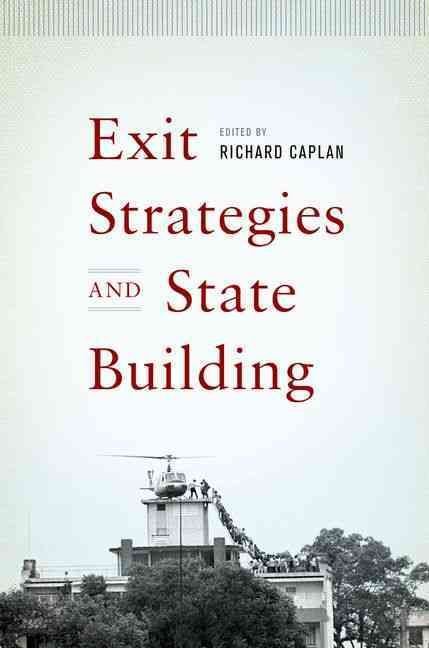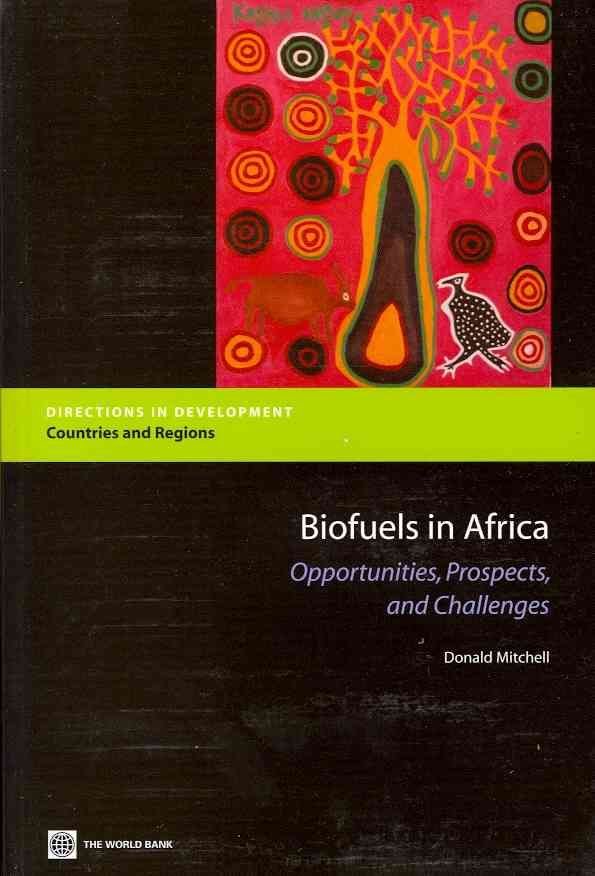This book begins with a brief background on greenhouse gases sources and sinks and continues with a discussion in different sectors including forest fluxes to human health and modeling techniques to policy measures. The chapters explore in detail about the GHG emission budgets, mitigation strategies, technical advancement and input-output analysis. Greenhouse gases (GHGs) occur naturally in our atmosphere and are essential to the survival of most of the organisms on the planet earth. GHGs such as such as carbon dioxide, methane, nitrous oxide, and ozone etc. play a major role in balancing the radiative budget, by absorbing or emitting some of the infrared rays reflecting from the earth’s surface. But unfortunately, anthropogenic activities like use of fossil fuel, intensive agriculture and livestock farming, use of synthetic fertilizers, deforestation, and industrial processes etc. have drastically interfered in the natural air composition, by releasing excess greenhouse gases into the atmosphere. This has led to the increase in the ability of the atmosphere to absorb more infrared energy. This book is a complete information set covering all aspects of GHGs, sources, sinks and control/mitigation strategies. This book is also written in simple language with helpful photographs, diagrams and flowcharts which will make the reader comfortable in understanding the concepts a more relatively easier way. The book is a valuable tool for students in Environmental Science, Ecology, Biological Science, Economics and Agriculture. It is unique to environmental consultants, researchers and other professionals involved in climate change studies, Non-governmental organizations (NGO’s).












